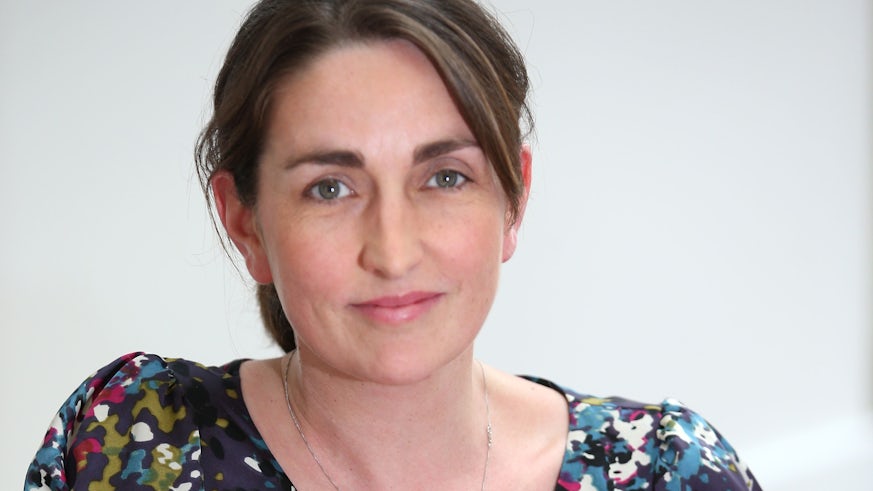Wellcome Trust Award will help to shed light of early pancreatic cancer
24 January 2018

1 in 71 people will be diagnosed with pancreatic cancer during their lifetime, and an award is helping Cardiff University researchers to investigate the initial stages of the disease.
Dr Catherine Hogan, at the European Cancer Stem Cell Research Institute at Cardiff University, has been awarded the Wellcome Trust Seed Award to help fund research into pancreatic cancer, the fifth most common cause of cancer death in the UK.
The Seed Awards aim to help researchers develop novel ideas, and the funding will help the researchers at Cardiff University shed light on the processes underlying early pancreatic cancer.
Dr Catherine Hogan said: “The pancreas is composed of multiple cells types, each with a distinct function that either regulates blood sugar levels or contributes to the digestion of food.
“This organ is highly changeable, meaning that every cell within its tissue has the potential to reprogramme to become another cell type.
“This reprogramming is triggered by damage or disease of the organ, including in cancer.
“Our research is focused on understanding the very first stages of pancreatic cancer and how changes within cells can lead to the initiation of cancer development.
“The Wellcome Trust Seed Award will help us to further our work at the European Cancer Stem Cell Research Institute, bettering the diagnosis, treatment and prevention of pancreatic cancer.”
Based within Cardiff University, the European Cancer Stem Cell Research Institute is a pioneering Research Institute, bringing together world-leading specialist researchers from across the disciplinary boundaries.
The research within the Institute focuses on the role of cancer stem cells in cancer, investigating targeted therapies which could transform the way cancer is treated.
“Pancreatic cancer is a highly lethal disease that is often diagnosed in its late stages, with little hope of recovery or cure.
“Improved patient prognoses can only be achieved with better early detection and diagnostic approaches.
“A major roadblock for pancreatic cancer research is the lack of experimental cell-based systems that accurately model the pancreatic tissue and the changes within its cells.
“The Wellcome Trust Seed Award will help us to develop a project that will allow us to grow pancreas tissues from samples of stem cells taken from mice.
“We will then switch on the cancer-causing genes in cells, and then monitor the relationships between the cancer causing cells and the normal cells around them.
“This will enable us to achieve a better understanding of the earliest stages of pancreatic cancer, which will lead to improved detection methods and the creation of new diagnostics.
